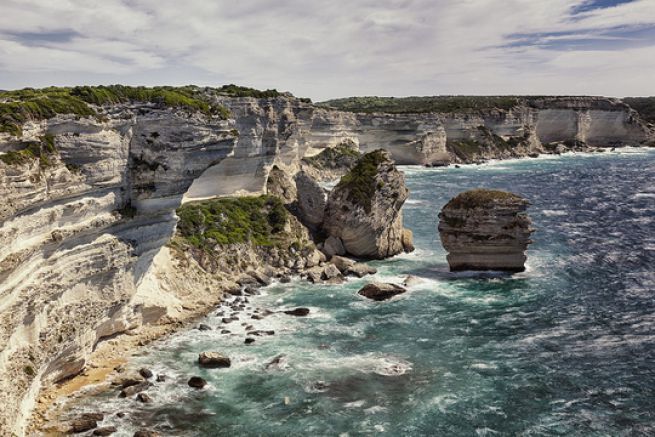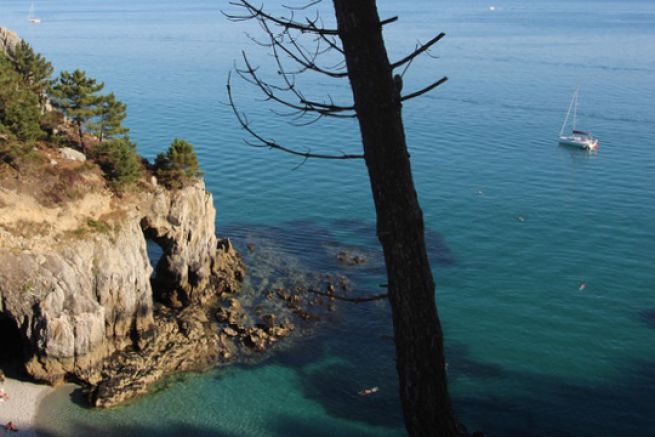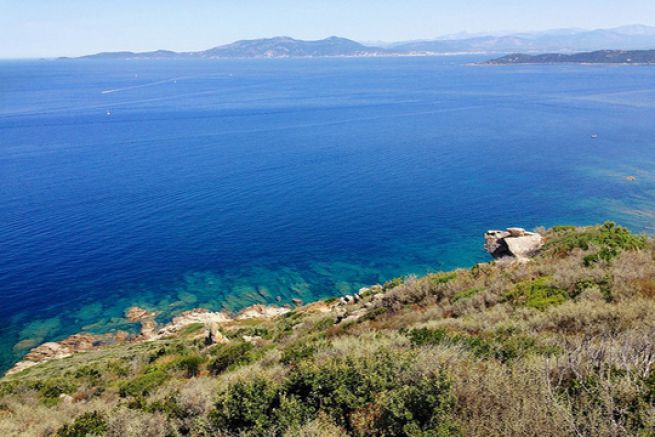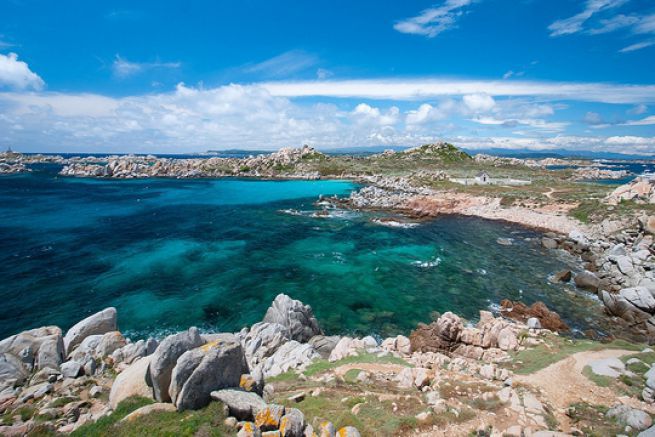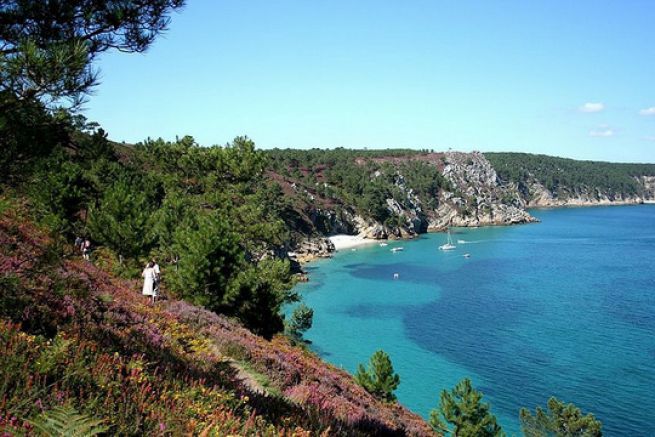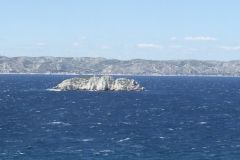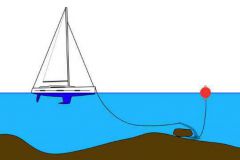Background
On 20 January 2015, the Government introduced amendment No. 1208 in the context of the first reading of the bill on the new territorial organization of the Republic (NOTRE) by the Senate. This bill allows the communities or public authorities concerned to introduce a fee on moorings, carried out within the perimeter of the marine protected areas under their management. On 3 February, the National Assembly's Law Commission rejected this measure thanks to an amendment tabled by deputies Caresche (PS), Quentin and Gaymard (UMP).
New twist. On February 13, Paul Giacobbi, Corsican MP and President of the Marine Protected Areas Agency, tabled a new amendment. It was adopted in plenary session on March 3, by 48 votes to 27.
A new tax for the right of access to the sea
Yet this ecological tax is environmentally ineffective. Moreover, it would be disastrous from an economic point of view. The Giacobbi amendment includes exactly the same elements as the previous one, except that it conceals the amount of this tax. Furthermore, it only has a tax in name only, since no consideration in terms of service to boaters is envisaged.
This tax establishes a right of access to the sea and imposes on yachtsmen the cost of a mission of general interest which is the protection of the marine heritage. What the government has not thought of is that yachtsmen already finance the Conservatoire du Littoral to the tune of 37 million euros each year.
This tax does not prevent anchoring in sensitive areas and does not offer any alternative solution to preserve the environment. It will just serve to discriminate with money and reveals a budgetary and not an environmental objective.
The consequences of this tax will be dramatic for the French nautical sector and for all coastal economies, since local authorities will suffer a loss of income. Finally, the collection of the tax and the control operations will be very complex to set up and will absorb a large part of the revenues.
The tax is limited to Corsica and the eastern Pyrenees, but this is only a first step. The second is to extend this measure to the entire coastline by delegating the management of marine protected areas to the regions.
The draft mooring tax is, in fact, intended to ensure the financing of the Marine Protected Areas Agency, whose ambitious strategy for 2020 - with a staff of around 400 - is not, to date, financed.
According to the report submitted on June 25, 2014 by Senator Gérard Miquel "the cost to the State of a comprehensive network of marine protected areas, covering 20% of waters under jurisdiction in 2020, is estimated to be 100 million euros. The cost of marine environmental policies, in particular those related to the implementation of the Marine Strategy Framework Directive, is expected to be in the range of ?250-500 million depending on the scope of the Marine Strategy Framework Directive over the same period ...] "The policy for the protection of the marine environment is currently essentially financed by the State budget to the tune of EUR 30 million per year (...) and by the French francisation fee for ships allocated to the Conservatoire du Littoral, to the tune of EUR 37 million"
The report in its entirety: http://www.senat.fr/rap/r13-654/r13-654.html

